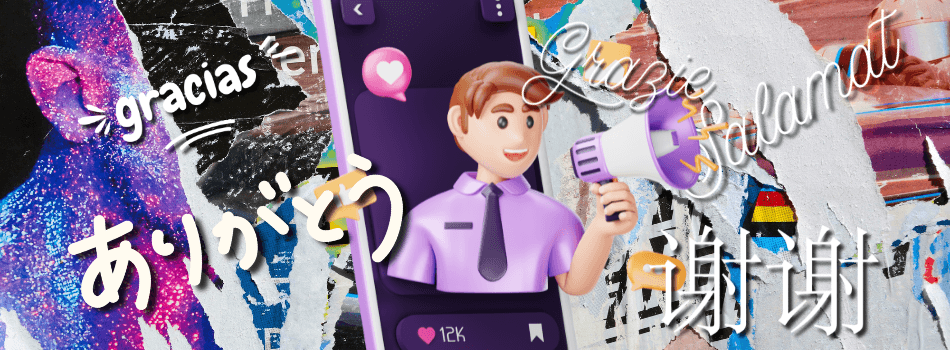By Mia Miao, Translation Intern
During a lunch break while interning as a Chinese Translator at CHIN, I asked my colleagues about their views on AI-generated translation. I expected the typical concerns I had read about in research papers, that AI might replace human translators or that novice translators should learn more about AI, but my colleagues gave me a different answer: “It is just a technology that helps us. It cannot replace the communication we have with clients, which is the biggest part of our work.” Their answers gave me a new perspective. I became more conscious of observing their daily work, not just from their morning meetings, but also from their work processes. Emails, quotes, phone calls, and multiple rounds of translation and proofreading all involve direct input from clients.

Skopos is a Greek Word That Means ‘Purpose’ or ‘Aim’
Although I had learnt Skopos theory (the aim or purpose of a translation) in class, I found its real-world application more nuanced than I imagined. My first project during my internship was translating a poster for the AFL. The main challenge in this project was the translation of a slogan for marketing and advertising purposes. I used an internet meme for ideas, and then to achieve balance and rhythm, I added a two-character verb before “AFL” making it longer; I spent a lot of time on transcreation and eventually produced my version.
However, this was not the end of the story. Several days after I submitted the slogan, the client responded with feedback. It turned out that the client worried that using my long slogan might be too complex on their poster. Yes, in poster translation, you should also consider whether the word used has too many strokes (and is hard to read). More importantly, translators also need to imagine the final poster! The client’s feedback made me think my time spent on slogan translation had been wasted. However, out of my expectation, the final translation they chose was my version. Hurray! The poster design ended up looking quite simple, with bold black Chinese words appearing under the English slogan. A lesson learnt to not only consider the purpose and aim, but also the end layout.

Learning to Translate for Everyone in the Room
After this project, I jokingly complained to Marcus Liu, the Operations Manager, about the whole experience. That’s when he introduced me to a very important word: stakeholders. He told me that during his own master studies, he would always ask himself: “What would the client think of this translation?” Based on the instruction and feedback of his “imagined” client, he would keep improving his translation until the translation was confirmed.
This conversation changed how I consider translation. A literal translation of the Source Text is a low-cost performance, but a professional translation requires balancing many aspects. As translators, we should comprehensively consider every stakeholder’s opinion and aim and deliver a work fit for their purpose. Sometimes the client company has internal people who can understand Chinese, so they can also provide some input. Additionally, for subtitle translation, we should always consider the length of sentences, because our marketing department was troubled by splitting up long sentences. The video editor is also an important stakeholder in the project, and translators must also consider their needs.
I deeply appreciate CHIN for providing me with such a precious chance to explore the real translation industry. Though my internship lasted only two months and I just touched the surface of some projects, it was an invaluable journey that pushed me to think more broadly, to focus on what truly matters in professional translation—the client. I learned to be confident, brave, and considerate, and I believe these qualities are far more important than any hard skills.
If you are a student pursuing a Diploma or Master’s degree at RMIT, Monash University, or the University of Melbourne and are interested in an internship, feel free to contact info@chincommunications.com.au.

